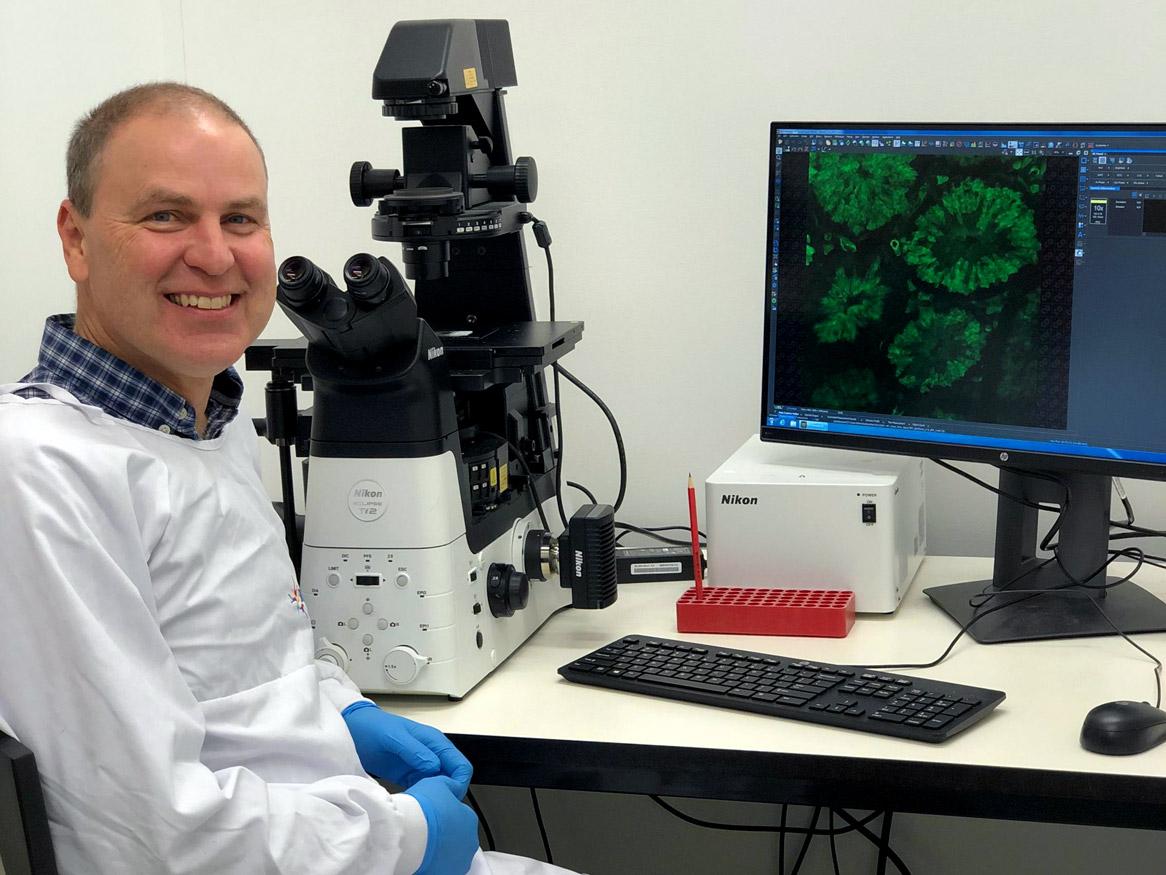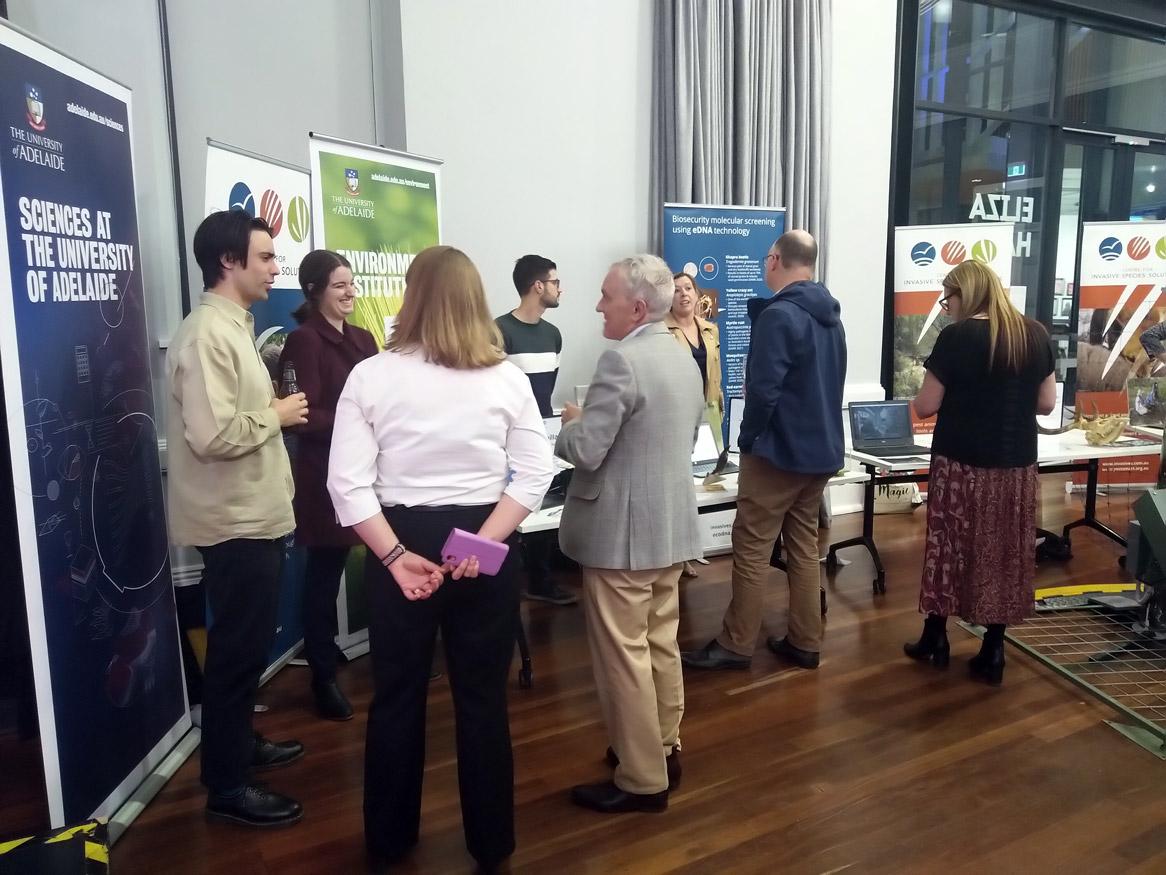New genetic biocontrol research to help prevent mice plagues
Scientists at the University of Adelaide are partnering with the CSIRO and the Centre for Invasive Species Solutions on breakthrough genetic biocontrol research to help control mice populations and prevent future mice plagues.

The three-year research program will identify fast acting gene drives, which are designed to spread an inherited characteristic for population control through mice populations at higher-than-normal rates. This would effectively enable scientists to interrupt the breeding cycle and keep mice populations at manageable levels.
The NSW Government will provide $1.8 million towards the project to fast-track the delivery of the ‘gene drive technology’ as part of a range of measures not only to mitigate the impacts of the mice currently across NSW, but also to create options to reduce the impact of future population spikes.
“The genetic biocontrol technologies that we are developing offer a humane approach to control invasive rodents."Professor Paul Thomas
The research will test two strategies for population control and recommend at least one for future suppression of invasive mice.
The ‘X-shredder’ approach, eliminates sperm carrying the X chromosome, producing more male than female offspring. The ‘female infertility’ approach initially spreads a genetic modification through the population, and once saturated, all the females generated will be infertile.
Lead researcher Professor Paul Thomas from the University of Adelaide says both approaches have been shown to effectively suppress mice using sophisticated computer simulations.
“The genetic biocontrol technologies that we are developing offer a humane approach to control invasive rodents,” Professor Thomas said.
“We are also developing technology to limit their spread so we can specifically target the pest population.”
The scientists say that if successful, there is potential to explore the technologies for use in the management of other pests such as rats, rabbits and feral cats.
“The solutions could be part of long-term plans for the management of pests in Australia,” Professor Thomas said.

CISS held its Pest & Weed Innovation Showcase in Adelaide this week, where it launched its ‘Invasives 2030 Innovation Prospectus’.
Professor Thomas will team up with School of Biological Sciences invasive species experts Associate Professor Phill Cassey and Dr Thomas Prowse, as well as colleagues from CSIRO and the Centre for Invasive Species Solutions (CISS).
University of Adelaide scientists are key research partners of CISS, working to assist biosecurity stakeholders across all sections of Commonwealth and State Government to protect environmental, social, and economic assets and wellbeing from invasive animal and plant pests and weeds.
Associate Professor Cassey and his team are currently exploring innovative ways to monitor e-commerce and other online platforms for illegal trade of invasive declared plants, to ensure our next weed problem is not purchased online.
